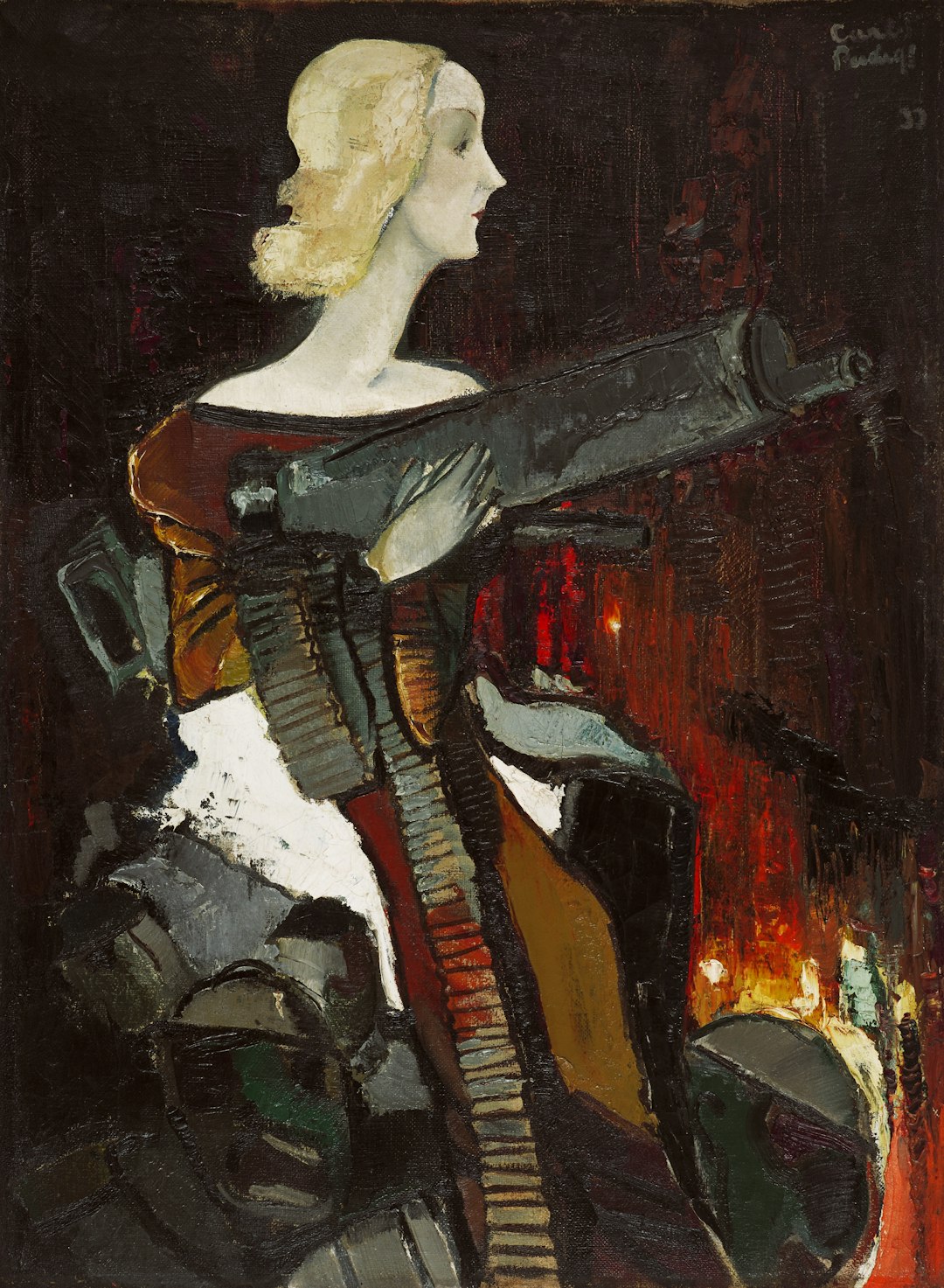Orville Episode 5: Bad Allegory — But Competent Writing
Competent writing is some compensation for an otherwise tedious exposition of transgender ideology
Last time, we began discussing The Orville, Season Three, Episode 5, A Tale of Two Topas. I mentioned that the episode was an allegory for children undergoing gender reassignment surgery.
I suspected that they were affirming this practice because of the political nomenclature they used. However, it’s possible they weren’t. The fact that Topa was transitioned from a female to a male as an infant and now wishes to return to her original state suggests the very opposite of what the transgender movement claims. In this article, I shall discuss the subsequent plot and let the reader decide.
I want to start out by saying the writing of this episode is far superior to the preceding ones. I hesitate to call it “good,” because of the incomparable nature of the allegory the writers have built and the refusal to use a likable main character to set up the conflict and the debate. But the nice thing about it is that one event leads to the next. There is no series of random, unconnected events; each scene flows smoothly from one to the other. That feature was wholly lacking in the previous episodes.
We begin this episode on a planet that is essentially a knock-off of Egypt. The crew finds some artifacts and begins processing them on the ship. Kelly decides to end her shift and goes to the holodeck for some recreation. There, she finds Topa, who is using one of the flight simulations and pretending to be the ship’s captain. Topa tells her she’d like to become a captain one day, and Kelly agrees to take Topa on a tour of her duties.
During this tour, it becomes apparent that something else is bothering Topa. When Kelly asks what the problem is, the child doesn’t go into detail but describes a vague anxiety. From this, Kelly infers that Topa is feeling unhappy because she knows that she was once female, and this leads to a confrontation with Topa’s parents, Bortus and Klyden.
Bortus is reticent about what to do, but Klyden is outraged at Kelly for even bringing the subject up. When Bortus and Klyden talk about the matter later, Klyden tells Bortus that he does not wish for Topa to go through the agony of knowing that he was once female, since that is precisely what happened to him, and it has caused him a great deal of pain over the years.
Kelly, Bortus, Klyden and the two child actors who play Topa all deliver great performances. Everyone seems emotionally invested in the scenes, particularly in the case of Kelly and Klyden. Kelly feels guilty about what happened to Topa as a baby and is carrying a great deal of anger over the matter, whereas Klyden is terrified that Topa will suffer immensely if she learns the truth. Plus, if the child returns to being female, she will remain a social outcast.
Eventually, Topa does learn the truth, which leads to a final confrontation between Kelly and Klyden. It is easily the best scene in entire season. Some might consider that they were “overacting” but given the stakes of the scene, I’d say that the emotion is warranted. That’s what happens when the stakes are properly set up. It gives the actors an opportunity to bring their A-game because they know exactly why their characters are making their current choices.
My one complaint is that the show goes out its way to make sure everyone knows Klyden is the bad guy, which is where the political buzz words like tolerance, and cultural indoctrination come into play:
In my opinion, he is the villain in this situation because the kid never should’ve had the surgery in the first place. But the show doesn’t frame it that way. The show seems to be saying that a child should be allowed to make such choices because the child simply “knows.”
Of course, how the child “knows” is entirely ignored. But all the political comparisons set up by the show are undermined by the fact that Topa really was a female. So the question is really whether or not an infant should’ve had such a surgery to begin with.
Next, there is a discussion of what to do about Topa’s situation. Of course, the Union decides not to go through with the corrective surgery. That’s not because they fear for the child’s well-being, but because they don’t want to endanger their relationship with the Moclans. But the Orville crew refuses to let a pesky thing like politics stand in its way and hatches a scheme to give Topa the surgery. The scheme and surgery are successful, and Topa wakes up as a little girl and feels better.
However, Klyden leaves Bortus and Topa in a huff, which is, of course, inconsistent with his previous motivations — his earlier concern for Topa’s welfare. I think the writers make this choice because they want us to know that Klyden is more concerned about his traditions and that makes him the bad guy.
It’s a cheap move — lazy, melodramatic writing — but despite their best efforts to make the character into a villain, the actor delivers a solid performance. So it’s impossible to believe that the character wasn’t really concerned for his child. The writers should’ve explored the character’s fear more, rather than pushing the whole anti-tradition narrative. It would’ve made for a more compelling story.
This episode was a mixed bag. I personally always get annoyed when writers try to shoehorn politics into their stories because most of the time, they don’t understand their opposition’s positions well enough to make the character representing those positions believable. Still, the actors and the solid nature of the script did a lot to offset the aggravating allegory.



